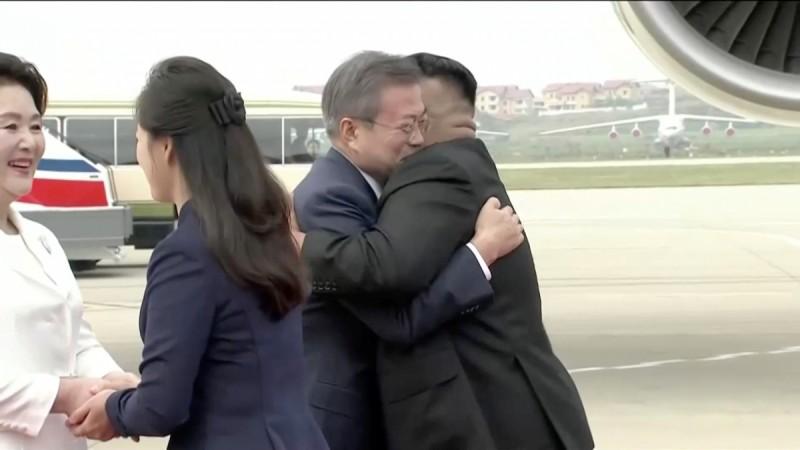
South Korea has got a waiver from US-imposed sanctions on Iran for crude imports and financial transactions with Iranian central bank, a Seoul-based government official has said.
There have been reports that US President Donald Trump has exempted eight major oil importers from complying with the Iran nuclear sanctions regime, but no country has yet confirmed it officially.
The sanctions, which President Trump claims are the "strongest ever," kicked in on Monday after Washington withdrew from the Joint Comprehensive Plan of Action (JCPOA) earlier this year.
The South Korean official says the country, which is the world's fifth biggest oil importer, has got an exemption from the ban on buying oil as well as financial transactions with Iran's central bank.
South Korea had sought "maximum flexibility" after a few of its construction companies cancelled energy-related contracts in Iran following financing difficulties.
The United States said on Friday it would allow eight countries to keep importing Iranian oil after re-imposing the sanctions. The top two Iranian crude importers China and India are also among the nations Trump has granted the crucial waiver.
"Petrochemicals are important to the economy, and we said that if Iran sanctions hit, it would be a grave challenge to the whole economy," said the official, who sought anonymity owing to the issue's sensitivity.
South Korea mostly imports ultra-light crude known as condensate.
Seoul has also got an exemption from Washington for continuing financial transactions with the Iranian central bank to make possible oil imports, despite the sanctions, the official added.
Seoul got a waiver from US sanctions in 2012 also for importing a limited amount of Iran oil despite the previous round of sanctions until lifted in 2016. Crude buyers in South Korea have progressively reduced their dependence on Iran by diversifying to US and African crude. They have been reducing dependence on the Middle East and Iranian crude because of higher price and uncertainties in a conflict-riddled region.
China has been the biggest Iranian crude buyer at about 640,000 barrels per day (bpd) followed by India at 502,000 bpd. South Korea is in the third place by buying 313,646 bpd. The likely impact the Special Purpose Vehicle (SPV) that European Union has formed to protect European buyers of Iran crude from US sanctions, both primary and secondary, is also unclear at this point.














